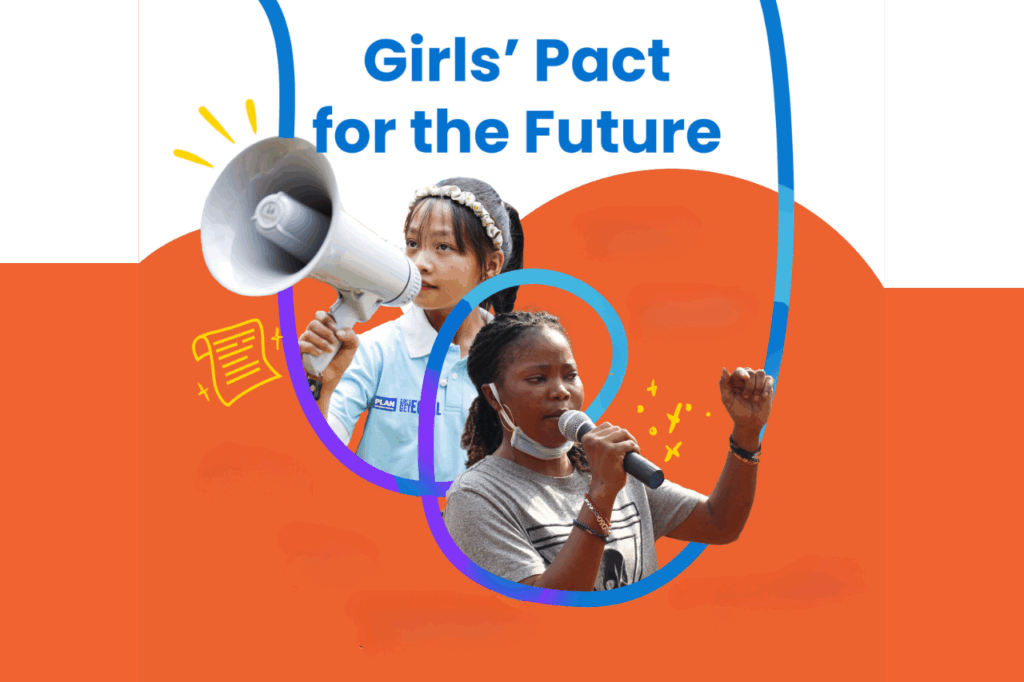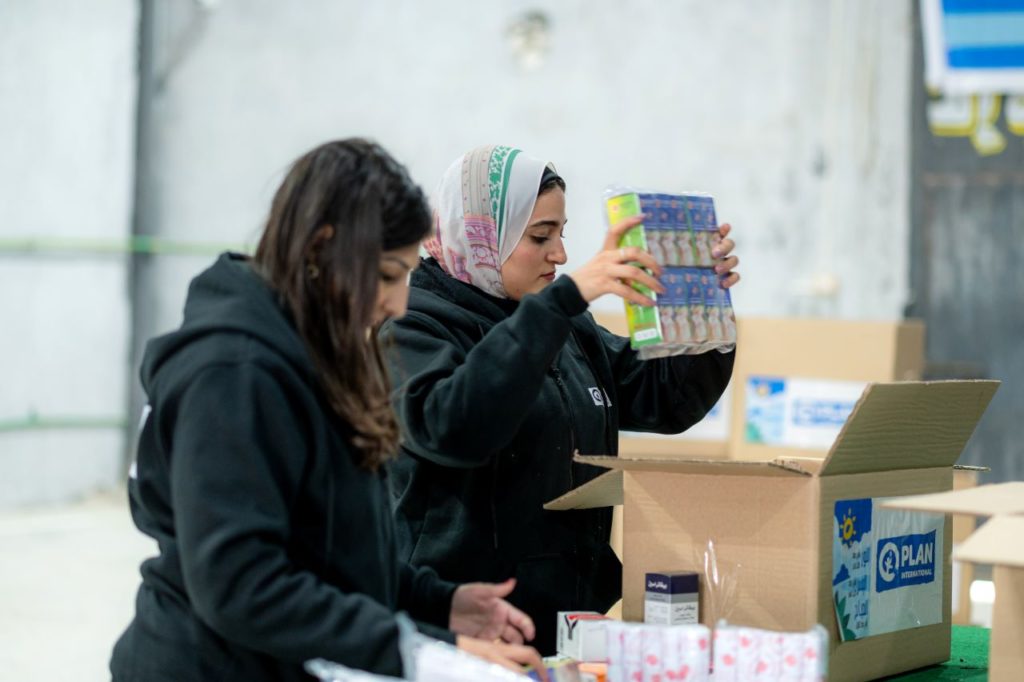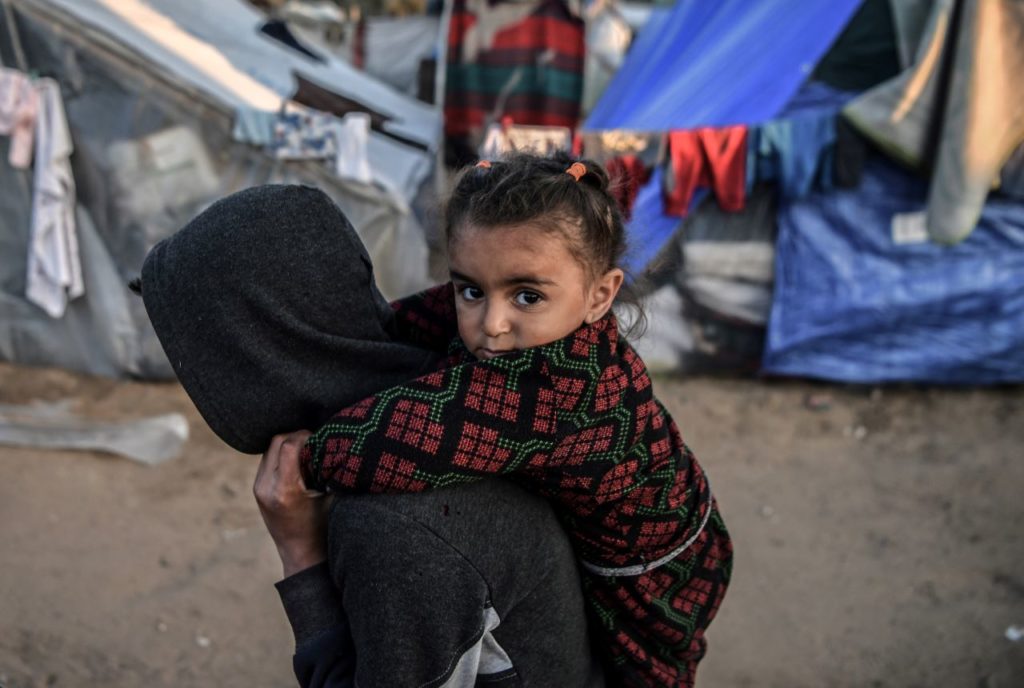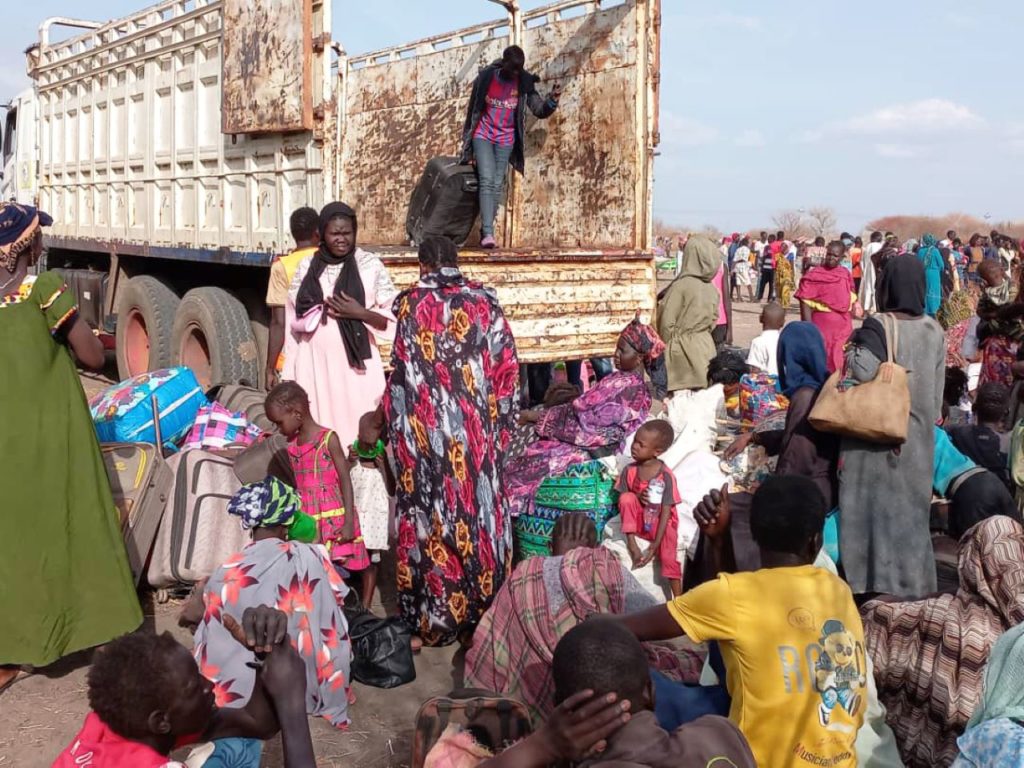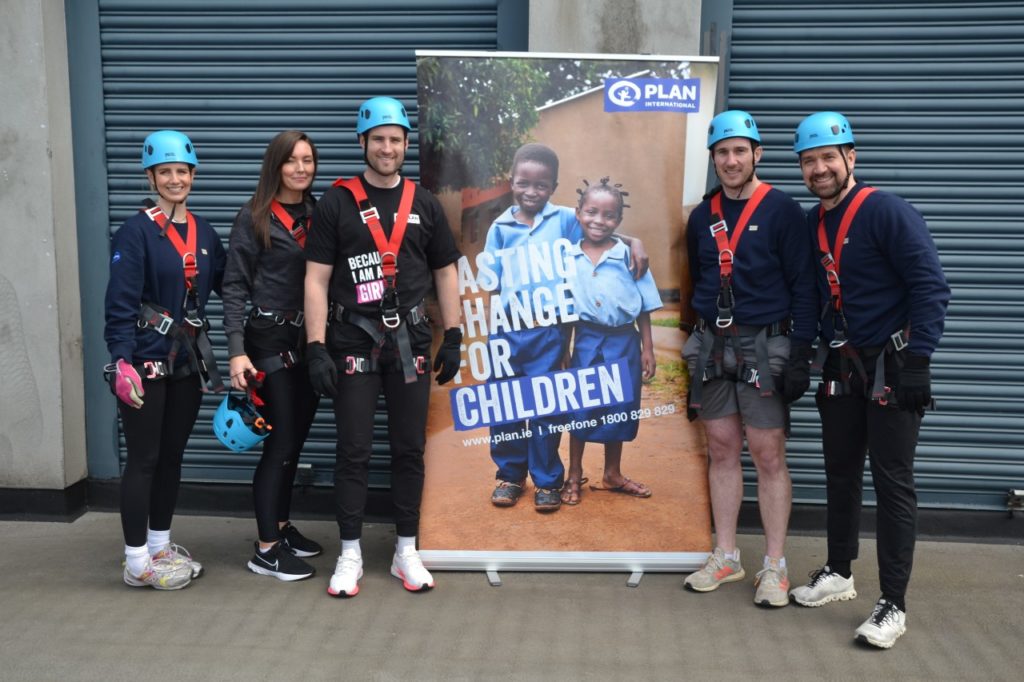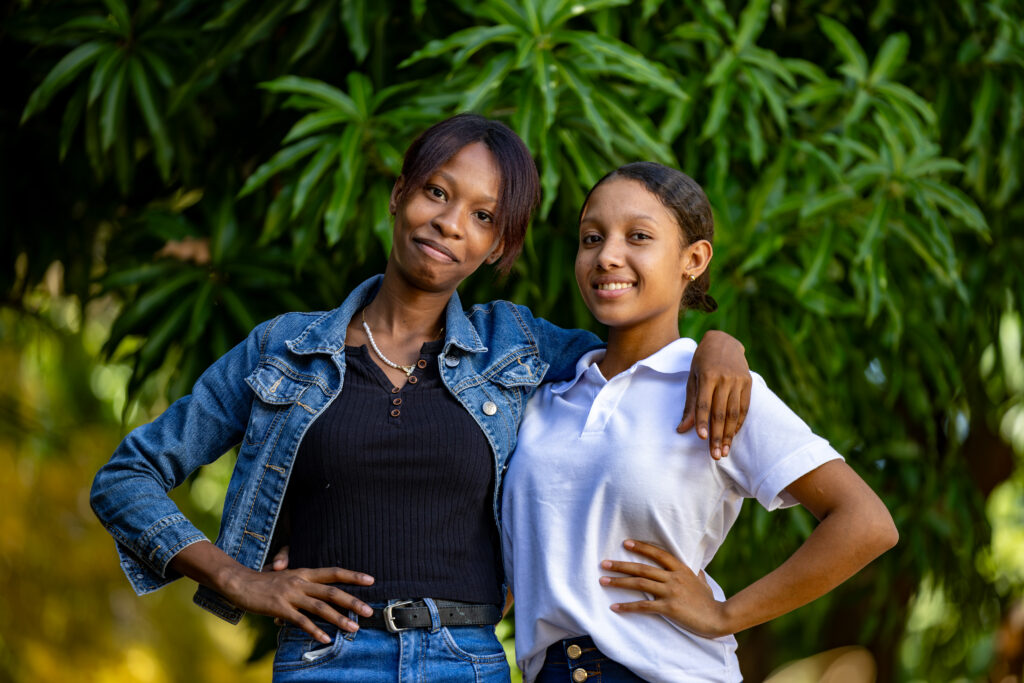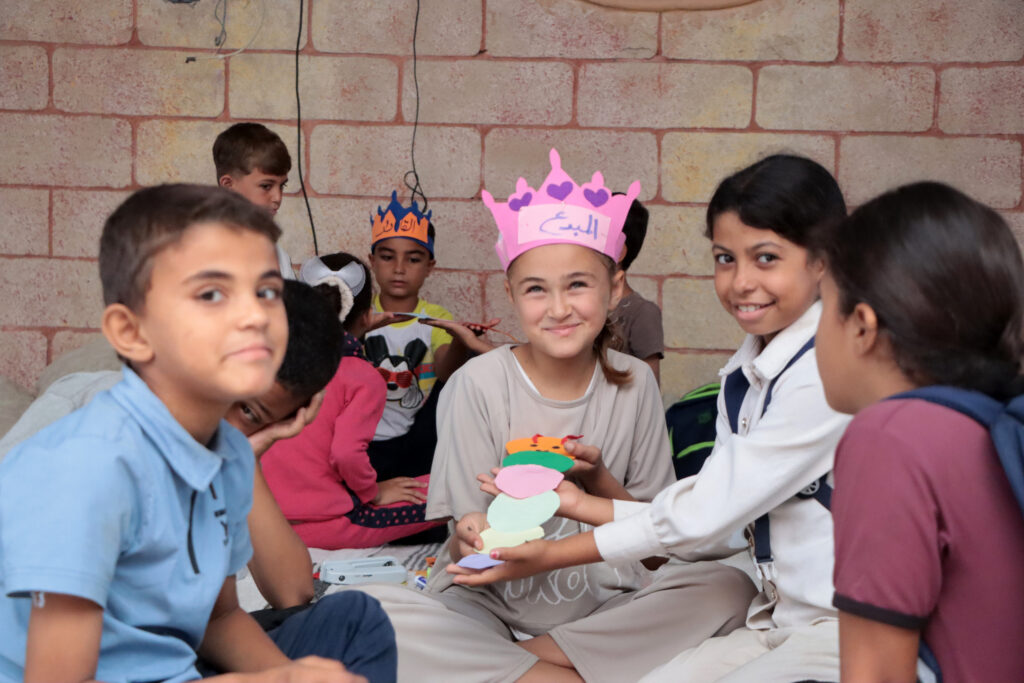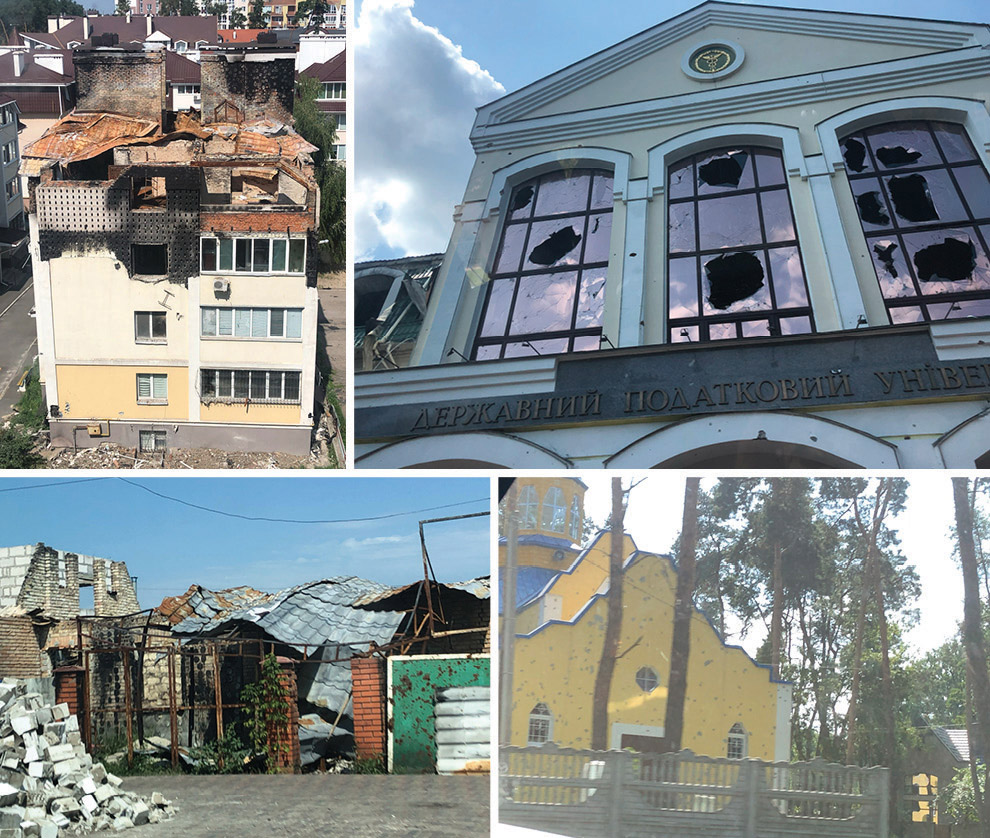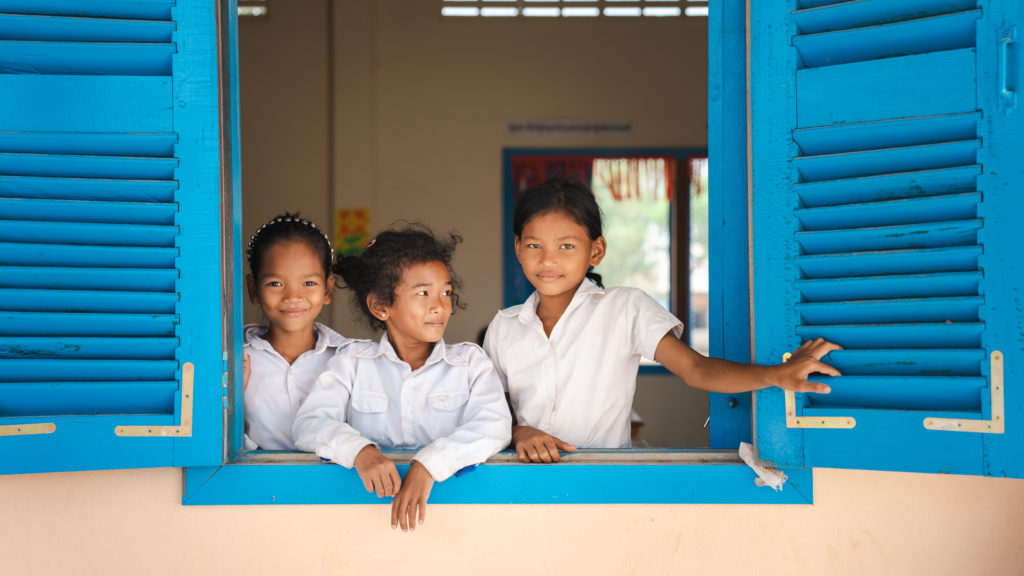Many girls around the world are forced to stay at home when they have their period as they do not have access to the resources they need to manage menstruation in safety and dignity. Some girls end up dropping out of school altogether.
Plan International is working to ensure that no girl misses out on her education because of her period. This is Awa’s story.
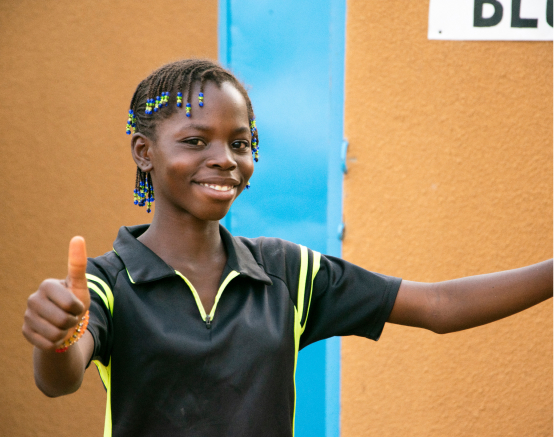
13-year-old Awa lives in the Center East region of Burkina Faso with her parents and siblings. With support from Plan International, her school has been assisting girls to manage their periods by installing gender-segregated latrines and teaching girls how to make their own reusable period pads.
Awa remembers having to manage her period in the bushes near the school before the latrines were installed. Many of her classmates used to stay at home from school altogether when they had their period.
“When I first came to this school, the latrines were bad,” she says. “There were no separate latrines for boys and girls – now the latrines are brilliant, and we can stay in school when we have our period. We just change our pads in the latrines and go back to class.”
Awa is hearing impaired. She wants to be a teacher when she grows up and inspire the younger generation. Access to education can be a serious challenge for girls in Burkina Faso, especially girls with disabilities, as the country is grappling with insecurity, displacement and now also coping with the COVID-19 pandemic.
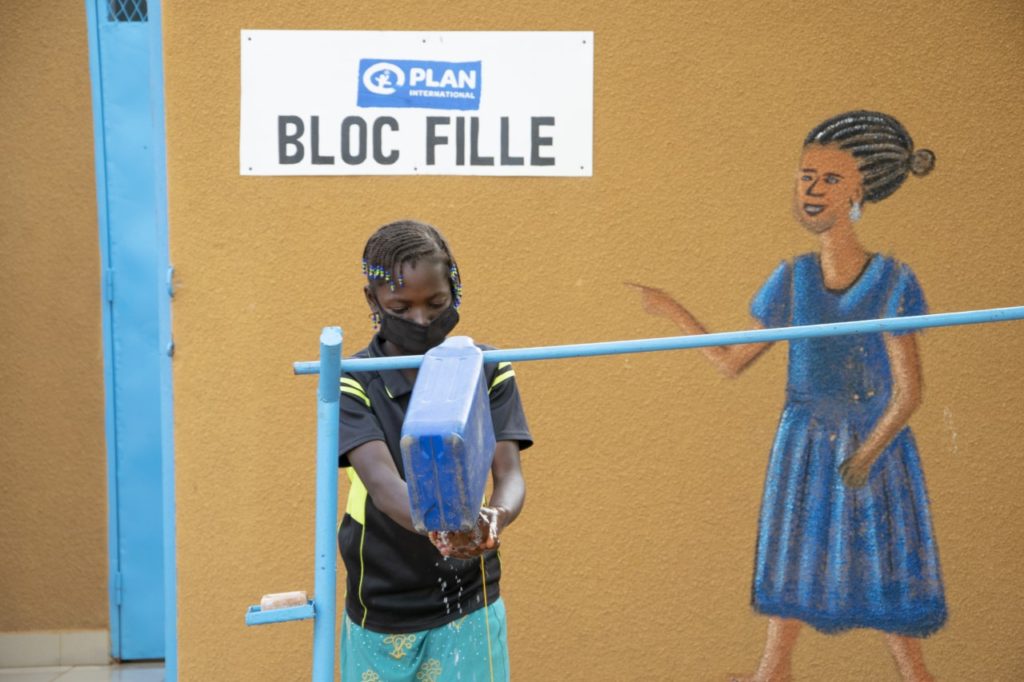
Girls are vulnerable to being subjected to child marriage and other forms of gender-based violence. On top of this, difficulties in managing their periods can mean girls miss school, leading to some eventually dropping out of education and never returning.
Georgette is a teacher in Awa’s school and can recall when menstrual hygiene management was a major challenge for female students. She is very glad that girls can now manage their periods in safety and dignity, and they are not forced out of education.
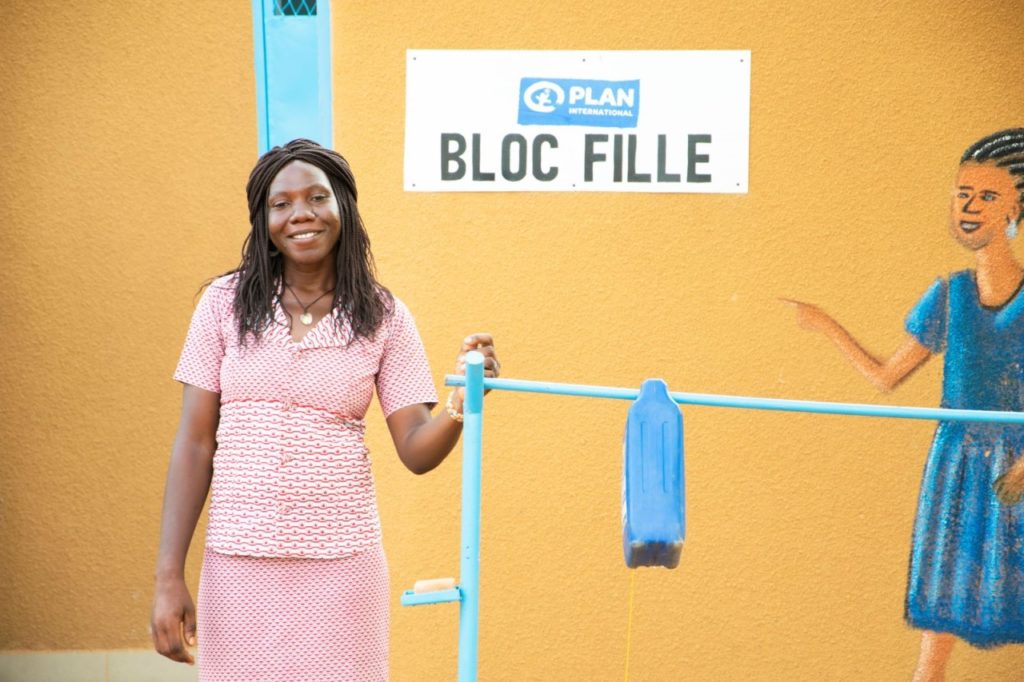
“There are so many barriers to girls’ access to education, including child, early & forced marriage and the burden of housework. Before the segregated latrines were installed, many girls would stay at home on their period, and some would end up dropping out altogether. It meant that many girls failed school especially if their period coincided with exams or assessments.”
“Before, there was nowhere for the girls to change in private as the latrines were mixed and there was no door. Now the girls are happy they can manage their period and stay in school.”
Georgette believes in unlocking the power and potential of girls across Burkina Faso by ensuring they can go to school.
“I would like everyone to know that girls too can build the country like men. What men can do, girls can do too. There is a saying that ‘to educate a girl is to educate a nation’. I want all girls in Burkina Faso to attend school”.
